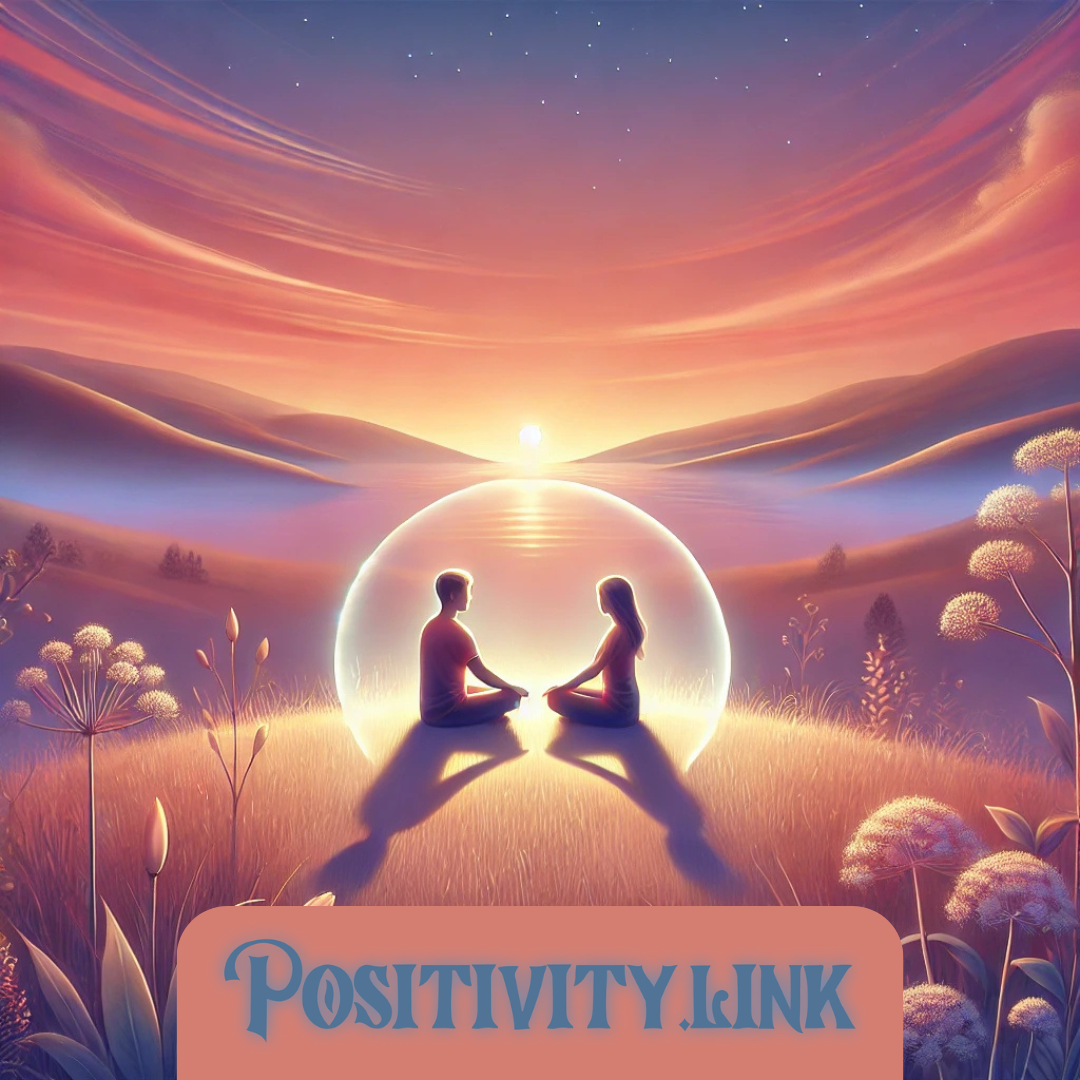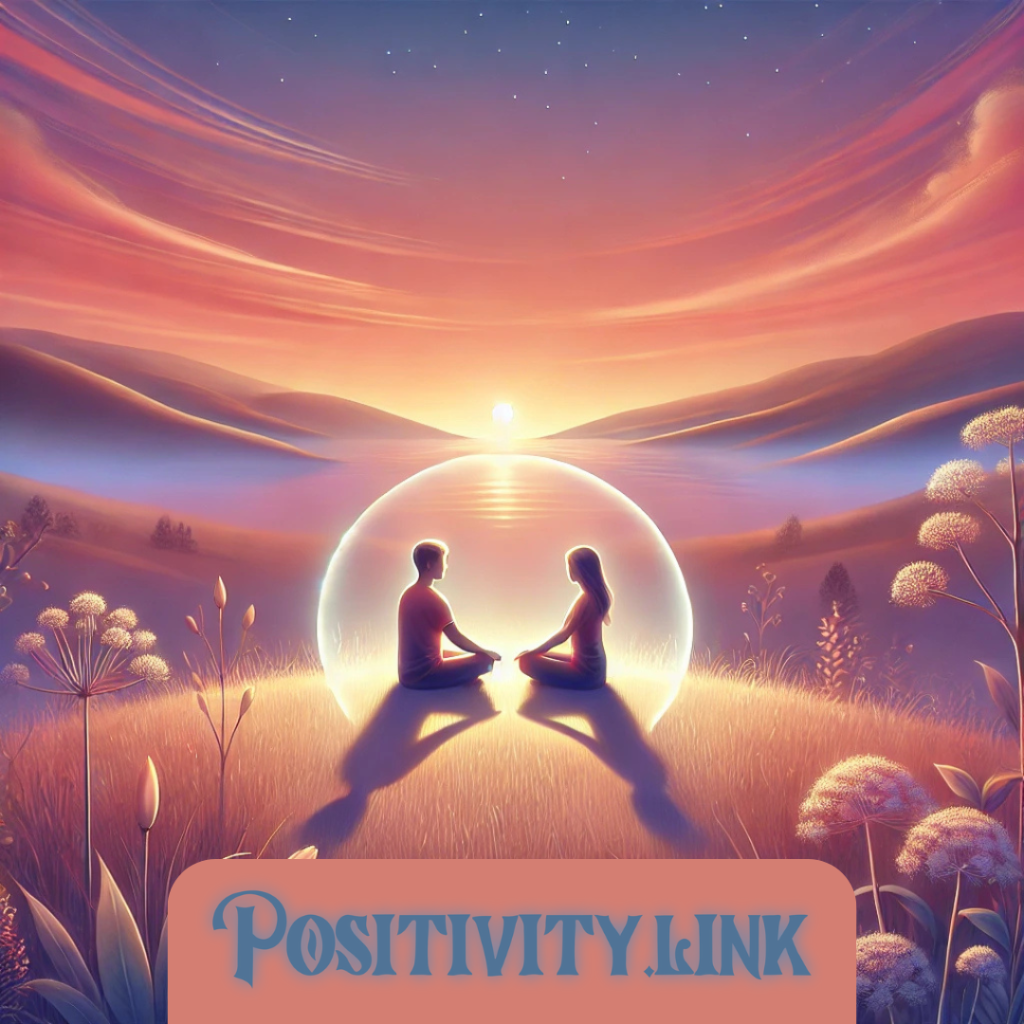Relationships thrive on connection, trust, and understanding. Yet, in a world filled with distractions, stress, and emotional turbulence, it can be easy to lose sight of the people in front of us. Mindfulness offers a way to strengthen relationships by teaching us to be fully present, to listen with intention, and to respond with empathy rather than react impulsively.
Being Present: The Foundation of Mindful Relationships
At its core, mindfulness is about presence, giving our full attention to the moment rather than getting lost in the past or worrying about the future. When applied to relationships, this means truly being there for the people in our lives.
Imagine sitting across from a loved one during a conversation. Are you fully listening, or are you distracted by your phone, your to-do list, or what you want to say next? Practicing mindfulness means putting distractions aside and engaging fully with the person in front of you. This simple shift can transform relationships because it sends a powerful message: You matter, and I value this moment with you.
A great way to practice this is mindful listening:
- Make eye contact and set aside distractions.
- Focus on the words being spoken, but also notice tone, body language, and emotions.
- Resist the urge to formulate your response while the other person is still speaking.
- Before replying, pause for a moment to absorb what they’ve shared fully.
By doing this, conversations become more meaningful, and misunderstandings are reduced. People feel heard, valued, and respected, key ingredients to strong, lasting relationships.
Managing Reactions: Responding vs. Reacting
One of the biggest ways mindfulness enhances relationships is by helping us manage our emotions. When faced with conflict or frustration, it is easy to react impulsively, raising our voice, shutting down, or saying something we regret. Mindfulness teaches us to pause, acknowledge our emotions without judgment, and respond with thoughtfulness rather than reacting out of habit.
Here’s a simple mindfulness technique to try during emotionally charged moments:
- Pause. Before responding, take a slow, deep breath. This interrupts automatic reactions and gives you time to process.
- Observe. Notice your feelings without trying to suppress or justify them. Ask yourself, What am I feeling? Where do I feel it in my body?
- Choose. Instead of reacting immediately, decide how you want to respond. Will anger move the conversation forward, or is there a more constructive way to communicate?
By practicing this, we bring more calmness into our interactions, reducing unnecessary conflicts and promoting deeper understanding.
Letting Go of Past Resentments and Future Worries
Mindfulness encourages us to live in the present, which means letting go of past grievances and not allowing anxieties about the future to cloud our interactions. Holding onto past conflicts or anticipating future disappointments can create unnecessary tension in relationships. Instead, focusing on this moment allows us to appreciate what is good and real right now.
A mindfulness exercise for releasing past resentments:
- Find a quiet moment and take deep, intentional breaths.
- Picture the past argument or disappointment as a heavy weight in your hands.
- With each exhale, imagine that weight dissolving.
- Affirm to yourself: I choose to let go and be fully present in this moment.
This practice doesn’t mean ignoring issues that need to be addressed, but it helps prevent past wounds from influencing present interactions in a negative way.
Mindfulness in Everyday Acts of Love
Small, mindful gestures can make a significant impact in relationships. These do not need to be grand romantic displays or elaborate plans. Something as simple as setting your phone aside when talking, genuinely thanking someone for something they do, or noticing when they need emotional support can strengthen bonds.
A few daily mindfulness habits to enhance relationships:
- Express gratitude daily: Take a moment to acknowledge and appreciate the people in your life, whether verbally or through a thoughtful message.
- Mindful touch: A warm hug, a reassuring hand on the shoulder, or even just sitting close together can create deeper emotional connection.
- Be present during shared activities: Whether it’s cooking dinner together, watching a show, or going for a walk, stay engaged rather than distracted by outside thoughts.
The Ripple Effect of Mindfulness in Relationships
Mindfulness isn’t just about personal growth, it extends into every interaction we have. When we practice being fully present, listening with intention, and responding with compassion, we create a space where love and understanding can flourish. The more we embody mindfulness in our relationships, the more those around us feel encouraged to do the same.
As you continue your mindfulness journey, remember that every moment is an opportunity to strengthen connections. Whether it’s through deeper listening, more thoughtful responses, or simply appreciating the presence of those we love, mindfulness can turn everyday interactions into moments of true connection.
Let’s continue to build relationships that thrive on presence, patience, and understanding. Through mindfulness, we don’t just communicate, we connect. 💙




